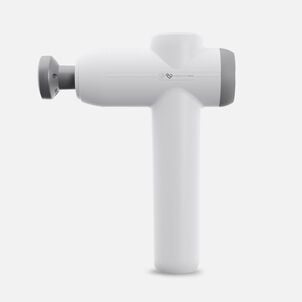Can HSAs and Medicare go together?

If you're nearing age 65 or just trying to get a jump-start on planning ahead, you've probably started to think about Medicare and how it will affect your future finances - especially those related to health care.
Navigating HSAs and Medicare can be a bit confusing on their own, so trying to sort out how the two interact with each other can be overwhelming for many people. But, in order to make the most of your money, it's important to have a good understanding of what changes, and what doesn't.
So, can these two entities go together? It's not a question that can be wrapped up with a simple "yes or no" answer, so let's take a closer look at the relationship between the two.
Making contributions
When you reach age 65 and become eligible for Medicare, the biggest change you'll come across is that when you enroll in Medicare, you won't be able to make contributions to your HSA anymore. This is because in order to contribute to an HSA, you need to be enrolled in a qualified high-deductible health plan (HDHP) and Medicare doesn't meet that requirement.
But that doesn't mean all of your previously contributed dollars have gone to waste! You're not going to lose your previous contributions or the ability to put the money to work for you.
Your medical expenses
While your monthly contribution will be zero dollars, you'll still be able to withdraw your funds tax-free to pay for your out-of-pocket medical expenses. This includes any deductibles, copays, coinsurance or eligible items. You'll also find that there are qualified expenses that Medicare doesn't cover, but are HSA-eligible expenses, like dental care and hearing aids.
And unlike Medicaid, Medicare doesn't cover any long-term care options like nursing homes or in-home health aides. This type of care is often very costly, but you can use your HSA funds to offset some (or all) of the cost.
Your other expenses
Turning 65 changes completely changes how you can spend your HSA funds on other expenses. If you want, you can use your HSA as a retirement account and enjoy all of the money you contributed for any purpose you wish without penalty.
Before you turn 65, if you decide to spend your HSA funds on an unqualified expense you not only have to pay income taxes on the funds, but you're also subject to a 20% penalty. But once you turn 65, the 20% penalty is no more, so you're free to spend the money on anything you want. Much like a traditional IRA, any withdrawals you make will still be subject to income tax.
Whether or not you should use your HSA funds for non-medical expenses really depends on your individual financial situation. Since medical expenses can get more and more costly as you get older, it can be a wise decision to save your HSA funds strictly for medical expenses or financial emergencies.


.png)
















